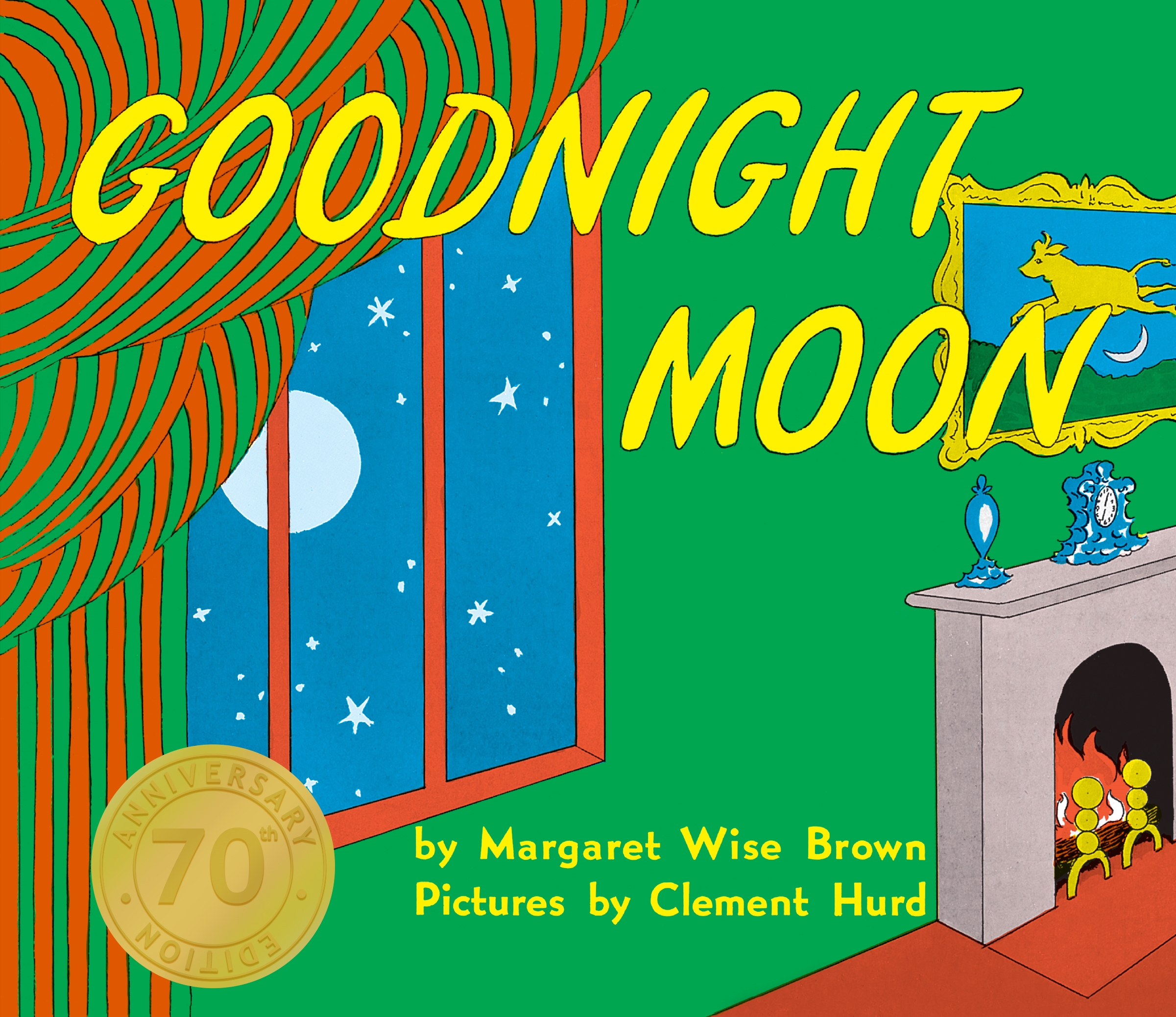Learning to read, or rather teaching someone else to learn to read can be a daunting task – do you start with phonetics, rhyming, sounds or learn the name of letters? Whatever way you choose, sharing the love of reading needs to be fun, relaxed and exciting. Our favourite book on the topic is The Read Aloud Handbook by Jim Trelease, it’s been a wonderful resource for several of the Booko children. Here are our top 10 tips from the book:
- Begin reading to your children as soon as possible. The younger you start them, the easier, and better it is.
- Set aside at least one specific time each day for a story and make it part of your daily routine.
- Start with picture books that have only a few sentences on the page, then gradually move to books with more text and fewer pictures before building to chapter books.
- As you read, keep listeners involved by occasionally asking ‘what do you think is going to happen next?’
- If the chapters are long, or you don’t have enough time to finish one each day, find a suspenseful spot at which to stop. Leave your little audience hanging and they will be counting the minutes until the next reading.
- Allow your listeners a few minutes to settle down and adjust their feet and minds to the story. Mood is an important factor in listening, make sure you foster a receptive one.
- Use expression when reading. Change your tone, adjusting pace and lowering your voice in suspenseful parts makes it all very exciting.
- Slow down. The most common mistake is reading too fast. Reading quickly allows no time for mental pictures to be made and more expression to be used.
- Bring the author to life. Google the author to find out more about them. This lets them know that books are written by people and not machines.
- When children wish to read to you, it is better for the book to be too easy than too hard, just as a beginner’s bicycle is better to be too small than too big.
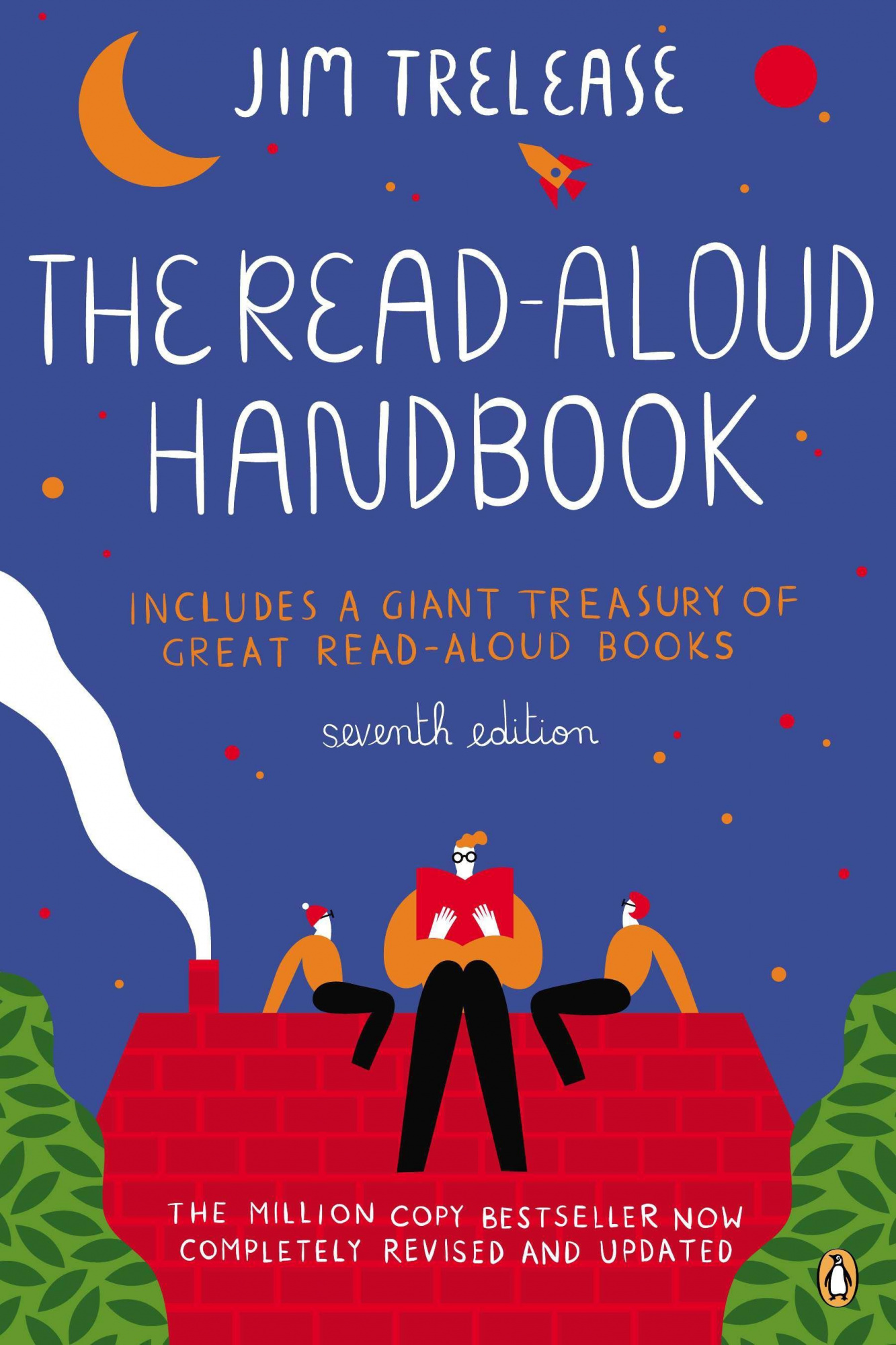 The Read-Aloud Handbook by Jim Trelease
The Read-Aloud Handbook by Jim Trelease
Upon its first publication in 1982, millions of parents and educators have turned to Jim Trelease’s beloved classic for more than three decades to help countless children become avid readers through awakening their imaginations and improving their language skills. It has also been a staple in schools of education for new teachers. This updated edition of The Read-Aloud Handbook discusses the benefits, the rewards, and the importance of reading aloud to children of a new generation. Supported by delightful anecdotes as well as the latest research (including the good and bad news on digital learning). The Read-Aloud Handbook offers proven techniques and strategies for helping children discover the pleasures of reading and setting them on the road to becoming lifelong readers.
Here’s a few of our favourites to help you share the joy of reading aloud:
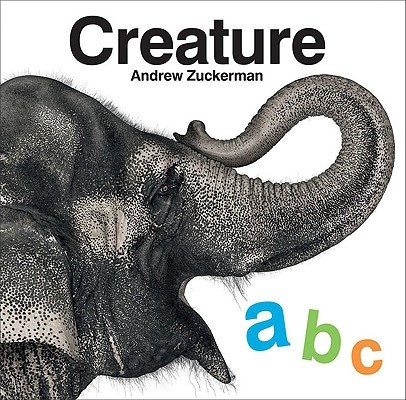 Creature abc by Andrew Zuckerman.
Creature abc by Andrew Zuckerman.
Alphabet books can be valuable for teaching kids the sounds that letters make — but only if they are fun to read! Creature abc is fun; it features amazing animal photographs and an entertaining format. On one page is a letter (e.g. “Aa”) and a photograph of an animal’s body part (e.g. an alligator’s hand). When I read this book, I make the letter’s sound, and my kids guess what animal they will see on the following page.
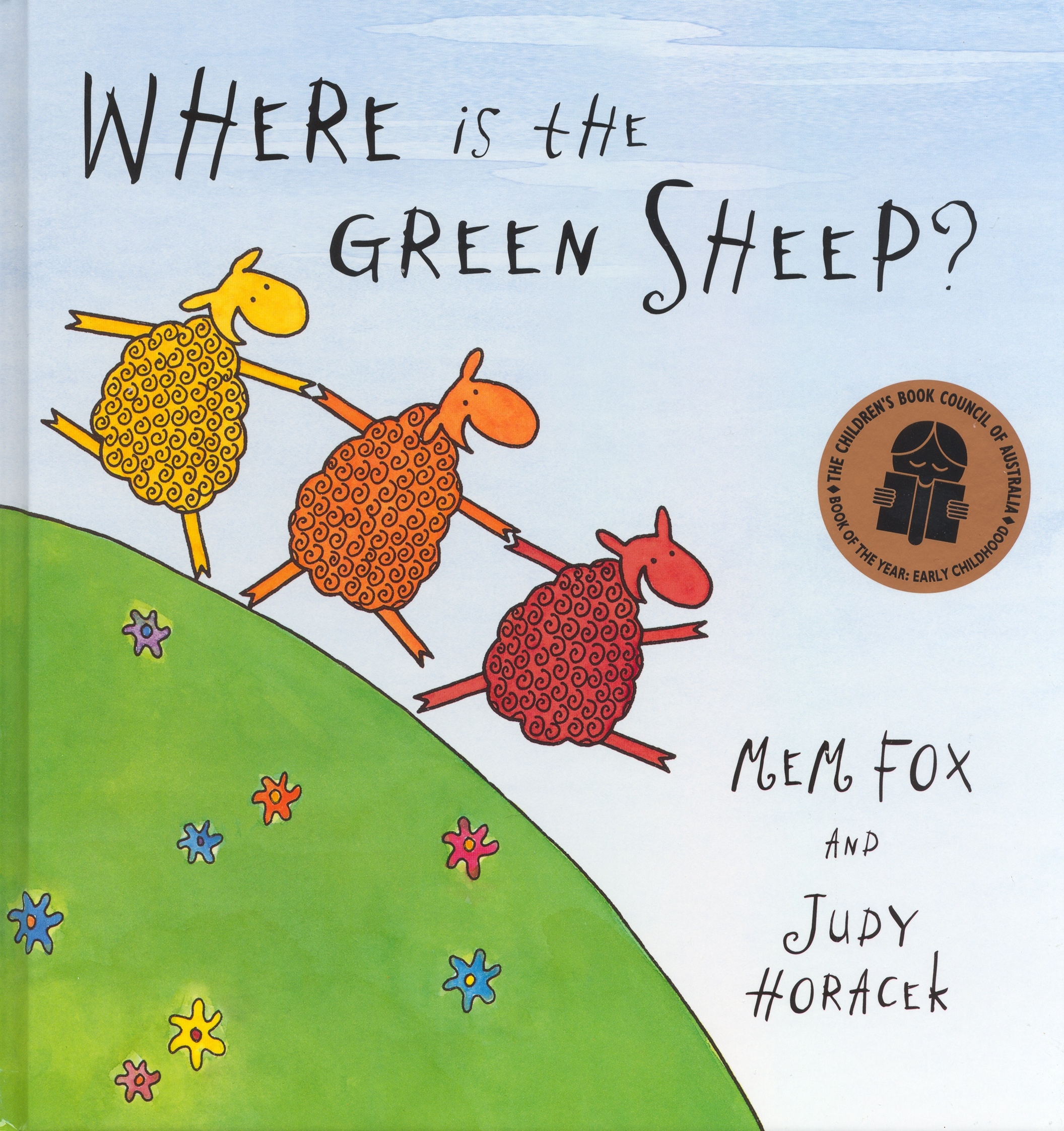 Where is the Green Sheep by Mem Fox
Where is the Green Sheep by Mem Fox
There are red sheep and blue sheep, wind sheep and wave sheep, scared sheep and brave sheep, but where is the green sheep? The search is on in this cozy, sheep-filled story from beloved author Mem Fox and popular Australian cartoonist Judy Horacek. Complete with sleepy rhymes and bright illustrations, this book is sure to delight children of all ages, from the very young to those just beginning to read. Mem has never owned a sheep, let alone a green one, but she does admit to having woolly thoughts from time to time. Judy loves drawing things, especially sheep. This is her first flock.
Goodnight Moon by Margaret Wise Brown
This gentle bedtime story, which has lulled generations of children to sleep, is the perfect first book to share at bedtime. In a great green room a little bunny is tucked up snugly and safely in bed and is getting ready to say goodnight to all the familiar things in his room, one by one. Margaret Wise Brown’s comforting, rhythmical text accompanied by the warmth of Clement Hurd’s classic mid-century illustrations make Goodnight Moon a timeless picture book, which is known and loved around the world.
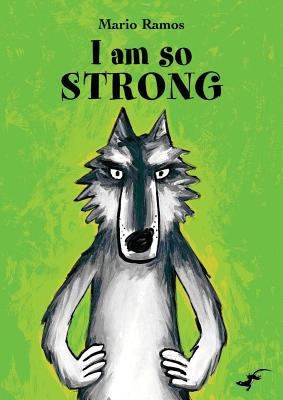 I Am So Strong by Mario Ramos
I Am So Strong by Mario Ramos
This is a terrific read aloud – it’s a book with some yelling in it, with a handful of familiar characters like a wolf and Red Riding Hood and three pigs, joined by a couple of dwarfs, and a baby dinosaur and his HUGE mother.
Most of all, have fun together!
